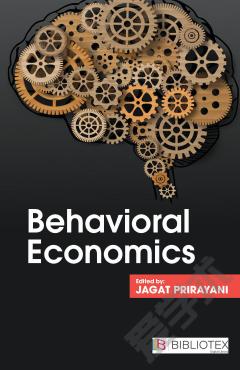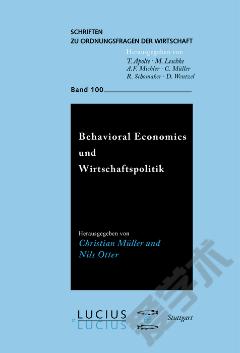Economic Aspects of Disability Behavior
One of the more striking aspects of the Dutch Welfare State is its apparent difficulty in controlling the number of transfer recipients. A prime example of this management problem is the Disability Insurance program. This monograph presents a thorough investigation of the behavioral responses of employees and firms to this generous disability scheme. The heart of the study is the empirical part based on a rich data set of persons who apply for benefits and those who do not. The data derive both from self-reports as well as medical and vocational expert evaluations. Combining facets of health economics, medical sociology and econometric technique, the authors are able to reveal the intricate causalities that underlie the disability process.
{{comment.content}}








 京公网安备 11010802027623号
京公网安备 11010802027623号